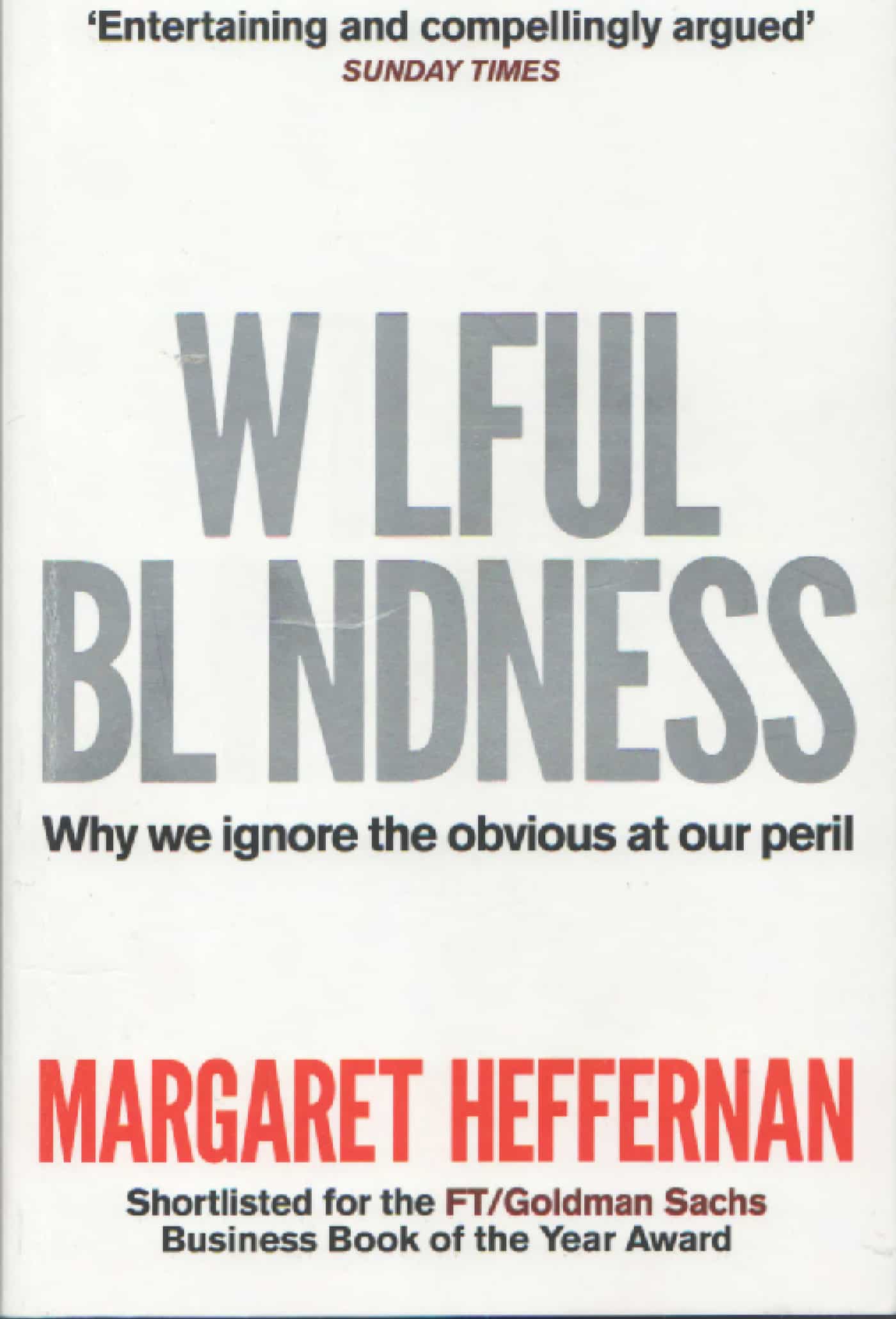Garry Brack is the head of the Australian Federation of Employers and Industries (AFEI), formerly known as Employers First which summarises the industrial philosophy of the organisation. In the past he has stated that OHS laws are not necessary but this week he has upset the parents of Brodie Panlock by emphasising a failed love affair between Brodie and a work colleague and downplaying the instances of abuse and bullying that drove Brodie Panlock to jump to her death.
 The comments on the ABC Lateline program echo his comments at the public hearing in Sydney of the Parliamentary Inquiry into Workplace Bullying. (The Hansard of his presentation is not yet available online although the AFEI submission to the inquiry is) Brack’s position is difficult to understand as the Inquiry submission and his words at the hearing display a poor understanding of how other organisations and experts (and Brodie’s parents) see workplace bullying.
The comments on the ABC Lateline program echo his comments at the public hearing in Sydney of the Parliamentary Inquiry into Workplace Bullying. (The Hansard of his presentation is not yet available online although the AFEI submission to the inquiry is) Brack’s position is difficult to understand as the Inquiry submission and his words at the hearing display a poor understanding of how other organisations and experts (and Brodie’s parents) see workplace bullying.
The AFEI submission says
“What concerns employers is the breadth of these [bullying] definitions which allow a limitless range of actions and behaviour to be construed as bullying by workers – in all jurisdictions. This is where the regulatory difficulty lies. It is not that there are differences in regulatory requirements but that compliance is impossible to achieve. This is because the concept of workplace bullying, as viewed by regulators, is not confined to recklessness, intimidation, aggressive or violent acts, threatening actions or behaviour, verbal abuse or an actual risk to health and safety. It may be anything from a customer demanding faster service or just complaining (even over the phone) to setting deadlines or changing work hours.”
There are several nonsensical statements here. The Parliamentary Inquiry is not an investigation of regulations, it is an inquiry into workplace bullying. Continue reading “Australian employer group doesn’t “get” workplace bullying”



